Our projects across the world
In 2022, GRET’s 789 professionals conducted 282 projects, studies and
consulting missions in 27 countries across 4 continents.

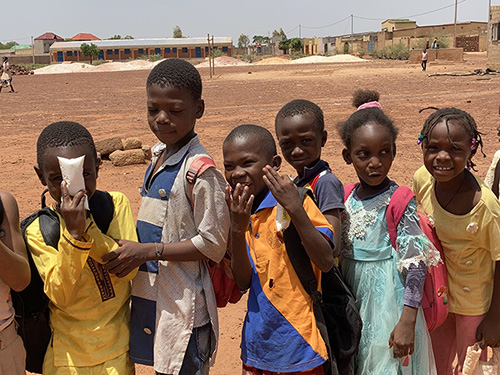
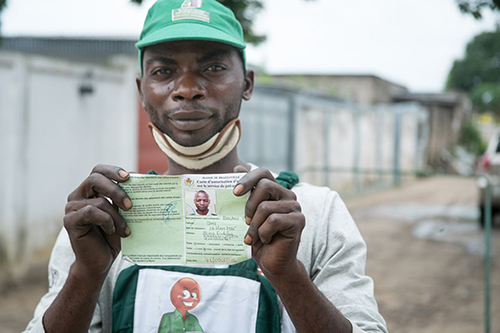
GRET’s actions have led to various achievements such as the establishment of a waste management service in Dolisie, the structuring of a waste pre-collection chain in Brazzaville, and the structuring and strengthening of networks of professional organizations, etc.
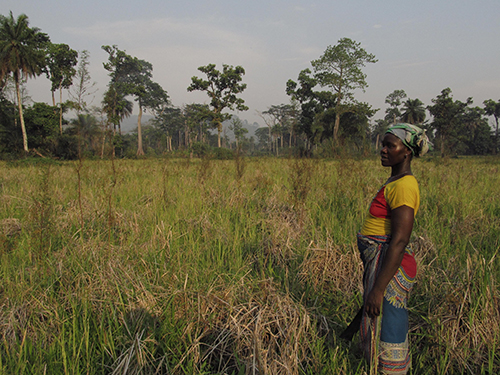
It promotes synergies of action between stakeholders, local authorities and civil society, will thus increase the impact of projects for the benefit of the inhabitants, and contributes to the professionalization of local actor∙rice∙s, facilitating more adapted and sustainable responses to the challenges of tomorrow in Guinea.

Together with Haitian civil society stakeholders and local authorities, GRET Haiti conducts projects focusing on development, and professional and economic integration of young people. GRET’s team in Haiti takes a pragmatic approach to development based on social facilitation, which underpins all its actions.
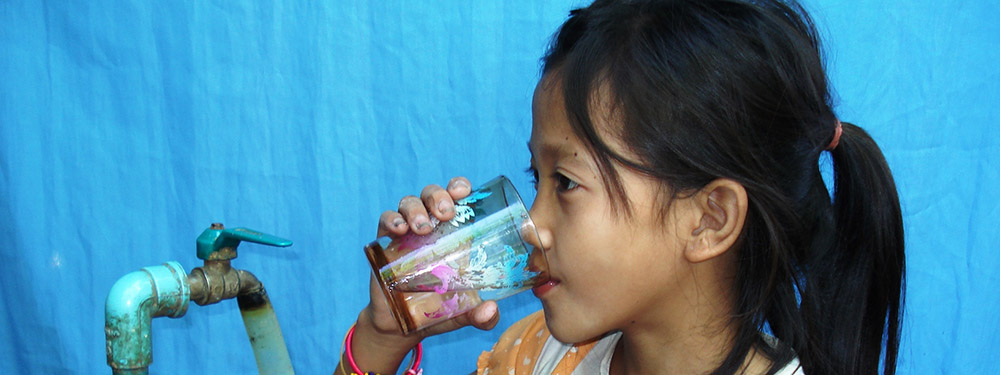

GRET acts by involving public and private actors and civil society. The sustainability of its projects is systematically at the heart of its approach, for example by encouraging the emergence of new actors such as the Centre Technique Agro-écologique du Sud (CTAS) or the social enterprise Nutri’zaza.
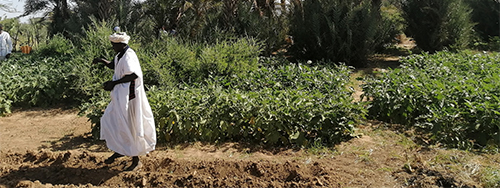
GRET provides appropriate and sustainable responses by creating, for example, youth reception and support centers to promote training and professional integration. It encourages a market-based approach, in particular by setting up water purification plants and promoting sanimarkets. Finally, it contributes to access to energy in rural areas through the development of multifunctional solar platforms and the production of an innovative alternative fuel.

Since 2009, GRET has been supporting a dozen child meal production units where more than 100 women work. It specializes in improving malnutrition prevention strategies by local actors, through the development of awareness-raising tools, training and action research. GRET is a pioneer in Niger in linking emergency and development interventions on malnutrition issues.
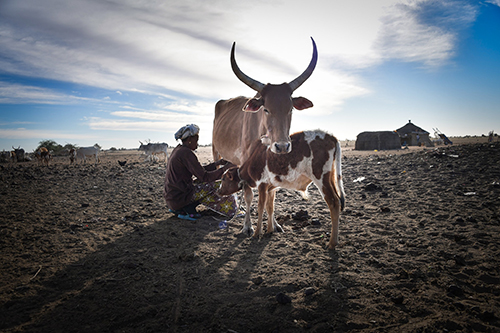
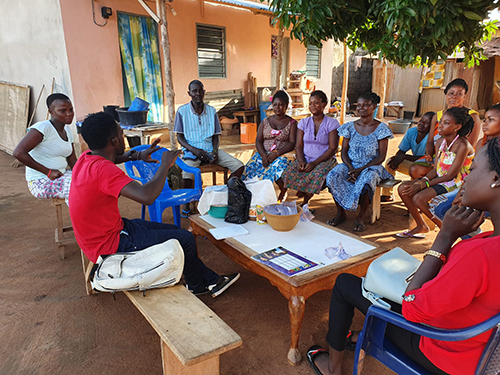
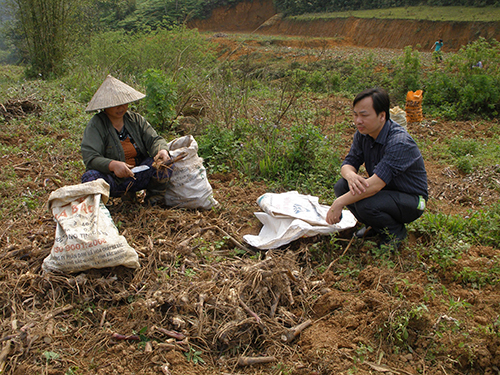
GRET is committed to maintaining its support for vulnerable communities such as migrant workers and ethnic minority women, in order to address challenges that result from rapid economic and demographic growth in the country. Networking is also a focus, for example with participation in regional initiatives such as agroecology-safe food systems and land governance in South-East Asia.


GRET’s actions have led to various achievements such as the establishment of a waste management service in Dolisie, the structuring of a waste pre-collection chain in Brazzaville, and the structuring and strengthening of networks of professional organizations, etc.

It promotes synergies of action between stakeholders, local authorities and civil society, will thus increase the impact of projects for the benefit of the inhabitants, and contributes to the professionalization of local actor∙rice∙s, facilitating more adapted and sustainable responses to the challenges of tomorrow in Guinea.

Together with Haitian civil society stakeholders and local authorities, GRET Haiti conducts projects focusing on development, and professional and economic integration of young people. GRET’s team in Haiti takes a pragmatic approach to development based on social facilitation, which underpins all its actions.


GRET acts by involving public and private actors and civil society. The sustainability of its projects is systematically at the heart of its approach, for example by encouraging the emergence of new actors such as the Centre Technique Agro-écologique du Sud (CTAS) or the social enterprise Nutri’zaza.

GRET provides appropriate and sustainable responses by creating, for example, youth reception and support centers to promote training and professional integration. It encourages a market-based approach, in particular by setting up water purification plants and promoting sanimarkets. Finally, it contributes to access to energy in rural areas through the development of multifunctional solar platforms and the production of an innovative alternative fuel.

Since 2009, GRET has been supporting a dozen child meal production units where more than 100 women work. It specializes in improving malnutrition prevention strategies by local actors, through the development of awareness-raising tools, training and action research. GRET is a pioneer in Niger in linking emergency and development interventions on malnutrition issues.



GRET is committed to maintaining its support for vulnerable communities such as migrant workers and ethnic minority women, in order to address challenges that result from rapid economic and demographic growth in the country. Networking is also a focus, for example with participation in regional initiatives such as agroecology-safe food systems and land governance in South-East Asia.